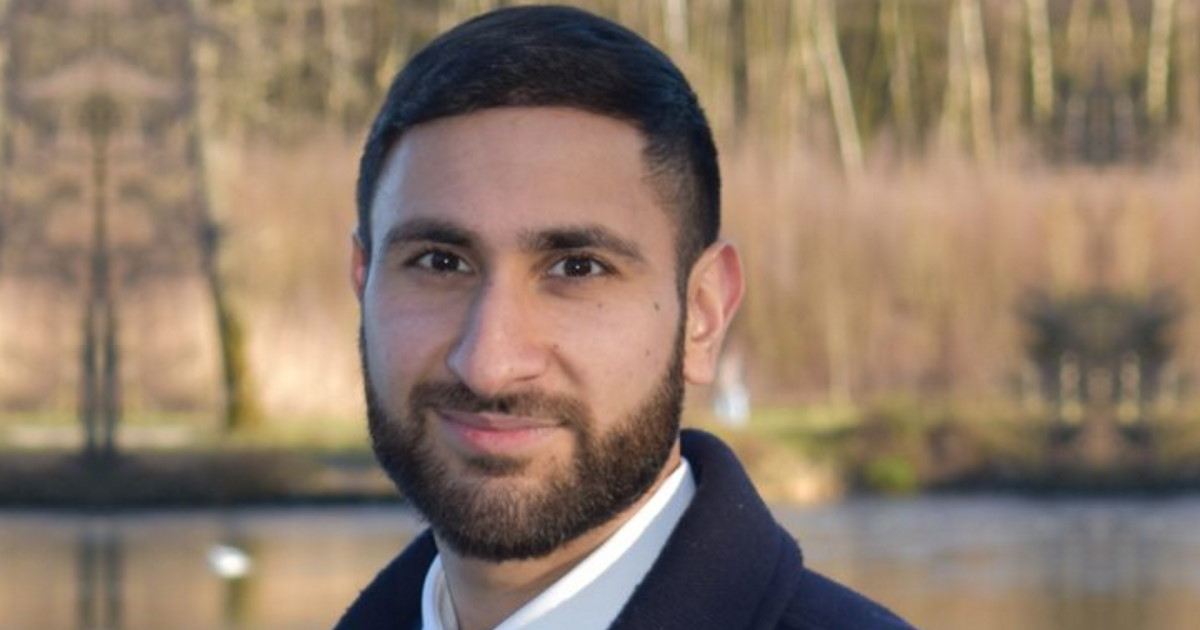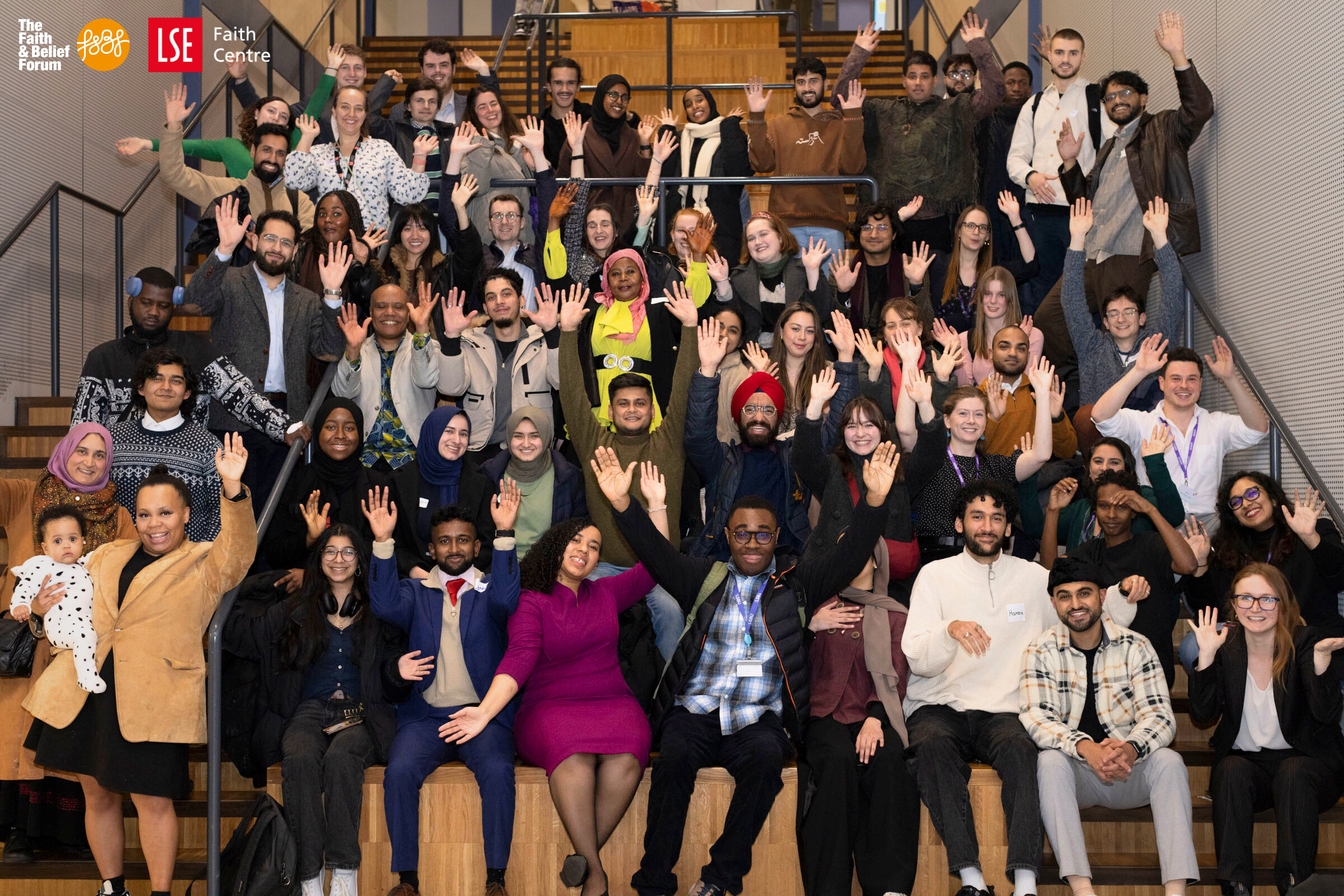
Statement on Hate Crime in UK – 19th February 2024
19 / 02 / 24
Menu

30 / 06 / 20

Gurinder Singh Jhans, Councillor for Northgate & West Green, Parliamentary researcher, and F&BF alum, recently joined our Board of Trustees. Find out more about Gurinder and his interfaith journey below.
How did you first hear about the Faith & Belief Forum, and what has been your involvement with us until now?
I was on the ParliaMentors leadership programme in 2011/12. Following this I’ve spoken at a couple of events and tried to keep as much involvement as possible while balancing other commitments!
What have been the main drivers behind your decision to become a trustee, and how has the journey been so far?
ParliaMentors gave an incredible foundation to build on for my political career working in Parliament and then being elected as a Councillor so I wanted to give back and use my skills to support the charity as best I can. It has been an absolute pleasure to get to know the other trustees and members of staff who always uplift my spirits with the positive work they carry out towards creating a more connected and cohesive society. With the outbreak of COVID-19, we’ve had to adapt to new ways of working and additional challenges, however throughout everything I’ve been impressed by the attitude of everyone to keep the charity moving forward.
How have your personal beliefs shaped your public career so far?
As a Sikh, the concept of seva (selfless service) is a fundamental principle in our faith and this is what drives my politics. My motivation to get elected and help improve my community is driven by my belief in participating in public service of others.
What do you think is missing/needs highlighting in society about faith and belief generally?
Faith and belief is such an integral part of people’s lives so continuing to promote messages of respect and understanding of each other is so important, particularly at a time where issues of race and identity are receiving increasing attention. At the same time, we should supplement this with conversations about our common humanity and concepts that bring us together.
How do you feel about the response of leaders during the pandemic?
The individuals and community groups who may not have formal titles associated with ‘leaders’ is what I believe has been the most inspirational. There are so many examples of faith groups as well who have stepped up to support emergency efforts such as providing food to vulnerable people.
The current situation serves as an important reminder of our common humanity, as this is a virus that affects all of us and does not discriminate between religion, colour, caste, or economic status. So, in some ways, despite people having to socially distance, some communities have become closer than before.
With the Covid-19 outbreak, high-risk vulnerable people had to self-isolate and many needed support to access food and medicine. In response to this, I have witnessed an inspiring number of people volunteering to help those in most need. This has come in many different forms, such as picking up medicines, delivering food supplies, and even calling our most vulnerable residents to check up on them. We also have an excellent example of the community coming together to help one another through the Covid-19 Mutual Aid Groups, not to mention all the amazing work from other voluntary and charity organisations.
Can you reflect for us on moments of interfaith dialogue you might have encountered, when, where and why it matters?
Interfaith dialogue for me started in school from socialising with people from all different backgrounds, faiths and beliefs. Despite these differences, you really realise that underpinning everything we have much more in common than what divides us, whether it’s a love of family, wanting to do well in education or even football!
What is interfaith dialogue for you?
Interfaith dialogue goes beyond roundtables and workshops but can include sometimes casual conversations with friends telling you about their faith or belief and sharing elements of your own background. Most importantly, it is listening with an open mind to learn about the experiences of others with an intention to understand rather than judge or compare in a hierarchical way.
You can follow Gurinder on Twitter here.

19 / 02 / 24

16 / 02 / 24

16 / 02 / 24